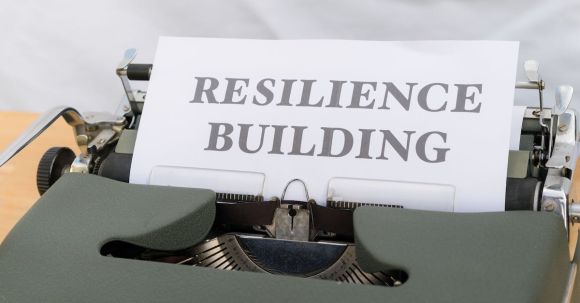Emotional resilience plays a crucial role in our mental well-being. In today’s fast-paced and challenging world, it is essential to cultivate emotional resilience to navigate through life’s ups and downs. By building emotional resilience, individuals can better cope with stress, setbacks, and adversity. In this article, we will explore the importance of emotional resilience and provide practical tips on how to develop it.
Understanding Emotional Resilience
Emotional resilience refers to our ability to adapt and bounce back from difficult situations. It involves recognizing and managing our emotions effectively, maintaining a positive mindset, and developing healthy coping mechanisms. Emotional resilience is not about suppressing or ignoring emotions; rather, it is about acknowledging them and finding constructive ways to deal with them.
The Importance of Emotional Resilience
Having emotional resilience is vital for maintaining good mental health. It enables us to face challenges head-on, manage stress effectively, and maintain a positive outlook on life. When we are emotionally resilient, we are better equipped to handle setbacks, failures, and disappointments without being overwhelmed by negative emotions. Emotional resilience also improves our relationships, as it allows us to communicate effectively and empathize with others.
Tips for Developing Emotional Resilience
1. Cultivate self-awareness: Start by developing a deep understanding of your emotions and how they affect your thoughts and actions. Practice mindfulness and regularly check in with yourself to identify your emotions and their triggers.
2. Build a strong support system: Surround yourself with positive and supportive people who can provide guidance, encouragement, and understanding during challenging times. Having a reliable support system can significantly boost your emotional resilience.
3. Practice self-care: Prioritize self-care activities that promote well-being and reduce stress. Engage in activities that you enjoy, such as exercising, practicing yoga, or spending time in nature. Take care of your physical health by getting enough sleep, eating a balanced diet, and staying hydrated.
4. Develop problem-solving skills: Enhance your problem-solving skills to tackle challenges effectively. Break down complex problems into smaller, manageable tasks, and focus on finding practical solutions. Seek different perspectives and advice from trusted individuals.
5. Foster a positive mindset: Cultivate optimism and positive thinking. Focus on your strengths and achievements, practice gratitude, and reframe negative thoughts into more positive ones. Surround yourself with positive influences, such as inspirational books or podcasts.
6. Practice self-compassion: Be kind and compassionate towards yourself. Treat yourself with the same care and understanding you would extend to a friend. Accept that setbacks and failures are a part of life, and learn from them rather than dwelling on them.
7. Develop healthy coping strategies: Find healthy ways to manage stress and cope with difficult emotions. This could include engaging in activities like journaling, practicing deep breathing exercises, or seeking professional help when needed.
In conclusion
Developing emotional resilience is crucial for our mental well-being. By cultivating self-awareness, building a strong support system, practicing self-care, developing problem-solving skills, fostering a positive mindset, practicing self-compassion, and developing healthy coping strategies, we can build emotional resilience. Remember, emotional resilience is not something that develops overnight; it requires practice and perseverance. By actively working on developing emotional resilience, we can better navigate the challenges of life and maintain good mental health.





